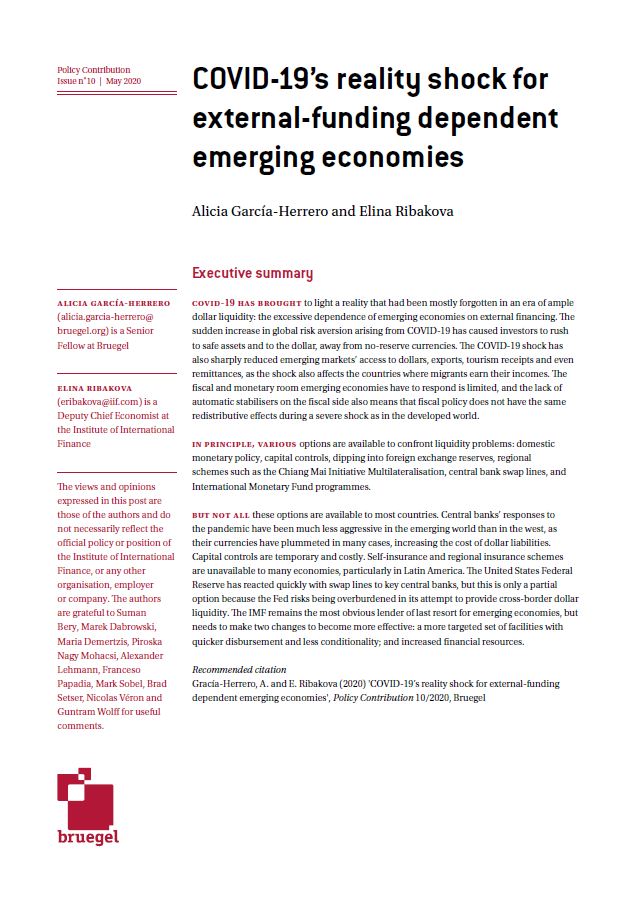Blog Post
Abenomics: Shinzo ready to re-launch 2nd and 3rd arrow after Japanese election?
The government has received a strong electoral mandate to re-launching the two arrows of Abenomics. The government should not stop but take a sound step for what the premier wants to realise with the re-launched arrows.
Prime Minister Abe’s party (Liberal Democratic Party) won the election for the seats of the House of Councillors, and the coalition (LDP and Komeito) gained a majority of the House as a result (before the election the two parties together held less than a half the seats in the House). He now has extraordinarily favourable conditions for accelerating his economic policies under Abenomics (see our Blogs Review), as his government can more easily reject political debate from the opposition and advance the amendment of relevant laws. This, on the other hand, means that the premier has no room for any excuse for a delay or failure of his second and third arrows (fiscal measures and a growth strategy).
His public promises during the election campaign included these two arrows, but both of them are different from what he stated last month. The second arrow now puts more emphasis on fiscal reforms, and this can be somewhat seen as a correction of the direction. The Government already decided to formulate a new medium-term fiscal plan by this summer, based on a medium-term economic and fiscal projection under prudent assumptions on economic conditions. The medium-term fiscal plan will become the base of the budget for FY2014 and afterwards and should increase public confidence in the sustainability of debt.
The Government’s third arrow, a growth strategy, was formulated last month and relevant measures will be implemented from next month. It sees agriculture and healthcare industries as promising industries, but at the same time, a strong resistance against the reforms is expected from interest groups, which are also a large voting field for the LDP. Another important test for Japan’s determinedness to reform will be the negotiations of the TPP (Trans-Pacific Partnership Agreement) from 23rd July. Interest groups in agriculture campaign against duty-free imports of major crops with the TPP, and those in healthcare industry are opposing free entry to medical and insurance sectors with it. However, the macroeconomic effects of participating in the TPP aare generally estimated as benefitial to the Japanese economy. The agreement would also provide a chance for those industries to reform.
The government has received a strong electoral mandate to re-launching the two arrows of Abenomics. Arguably, the success of Abenomics so far was significantly promoted by the depreciation and the potential undervaluation of the yen. However, the market now cautiously watches concrete policy measures and moves of the arrows, as well as exchange rates. The government should not stop but take a sound step for what the premier wants to realise with the re-launched arrows.
Republishing and referencing
Bruegel considers itself a public good and takes no institutional standpoint. Anyone is free to republish and/or quote this post without prior consent. Please provide a full reference, clearly stating Bruegel and the relevant author as the source, and include a prominent hyperlink to the original post.


